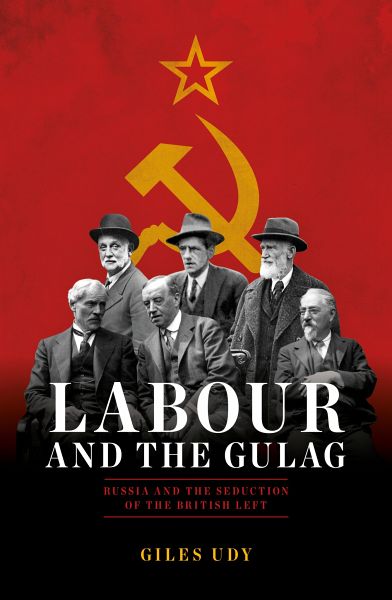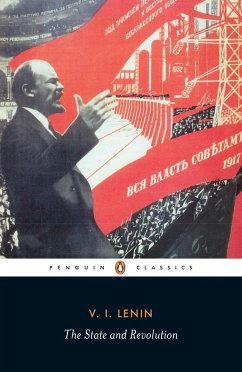
Labour And The Gulag (eBook, ePUB)
Russia and the Seduction of the British Left

PAYBACK Punkte
0 °P sammeln!
The Labour Party welcomed the Russian Revolution in 1917: it paved the way for the birth of a socialist superpower and ushered in a new era in Soviet governance. Labour excused the Bolshevik excesses and prepared for its own revolution in Britain. In 1929, Stalin deported hundreds of thousands of men, women and children to work in labour camps. Subjected to appalling treatment, thousands died. When news of the camps leaked out in Britain, there were protests demanding the government ban imports of timber cut by slave labourers. The Labour government of the day dismissed mistreatment claims as ...
The Labour Party welcomed the Russian Revolution in 1917: it paved the way for the birth of a socialist superpower and ushered in a new era in Soviet governance. Labour excused the Bolshevik excesses and prepared for its own revolution in Britain. In 1929, Stalin deported hundreds of thousands of men, women and children to work in labour camps. Subjected to appalling treatment, thousands died. When news of the camps leaked out in Britain, there were protests demanding the government ban imports of timber cut by slave labourers. The Labour government of the day dismissed mistreatment claims as Tory propaganda and blocked appeals for an inquiry. Despite the Cabinet privately acknowledging the harsh realities of the work camps, Soviet denials were publicly repeated as fact. One Labour minister even defended them as part of 'a remarkable economic experiment'. Labour and the Gulag explains how Britain's Labour Party was seduced by the promise of a socialist utopia and enamoured of a Russian Communist system it sought to emulate. It reveals the moral compromises Labour made, and how it turned its back on the people in order to further its own political agenda.
Dieser Download kann aus rechtlichen Gründen nur mit Rechnungsadresse in A, B, BG, CY, CZ, D, DK, EW, E, FIN, F, GR, H, IRL, I, LT, L, LR, M, NL, PL, P, R, S, SLO, SK ausgeliefert werden.













